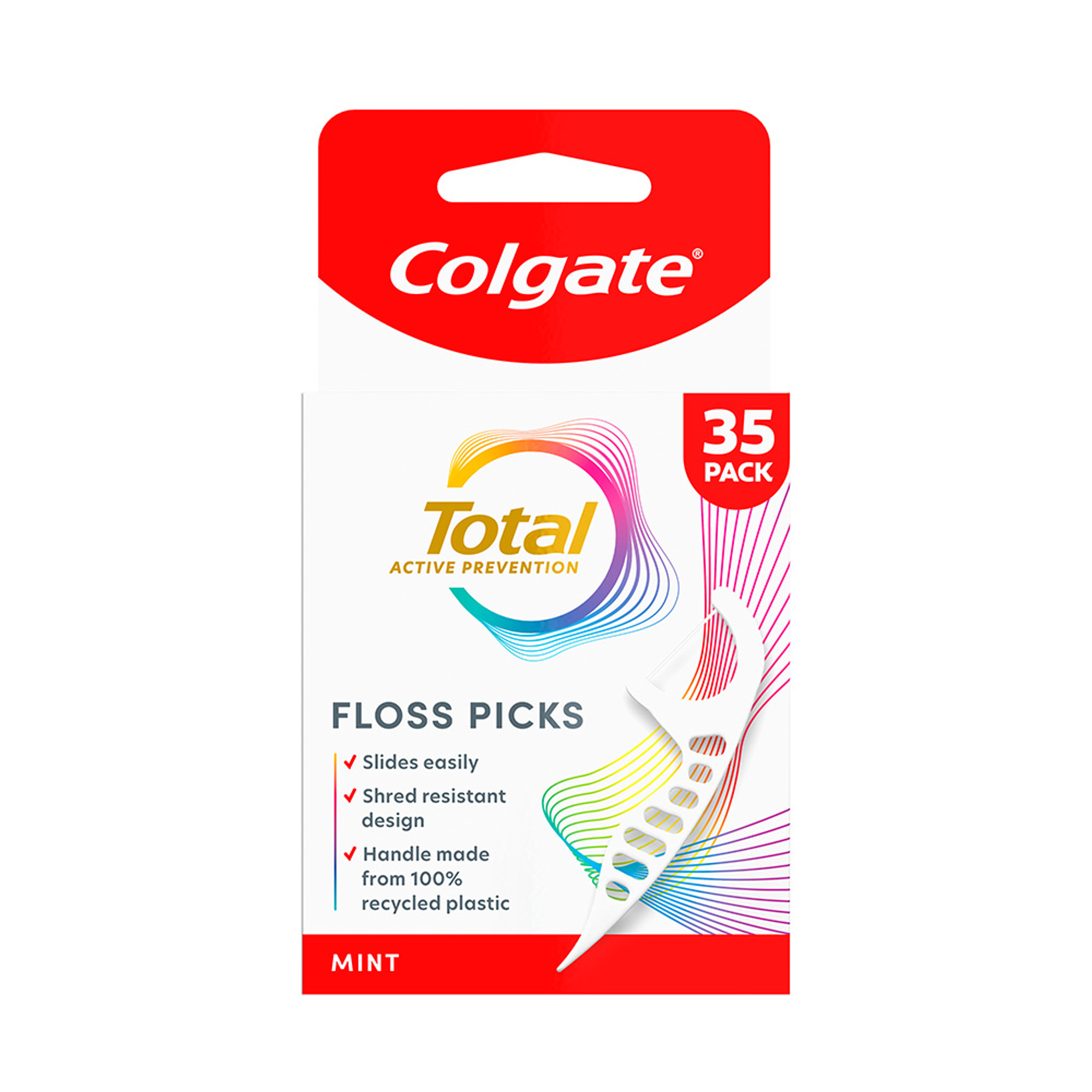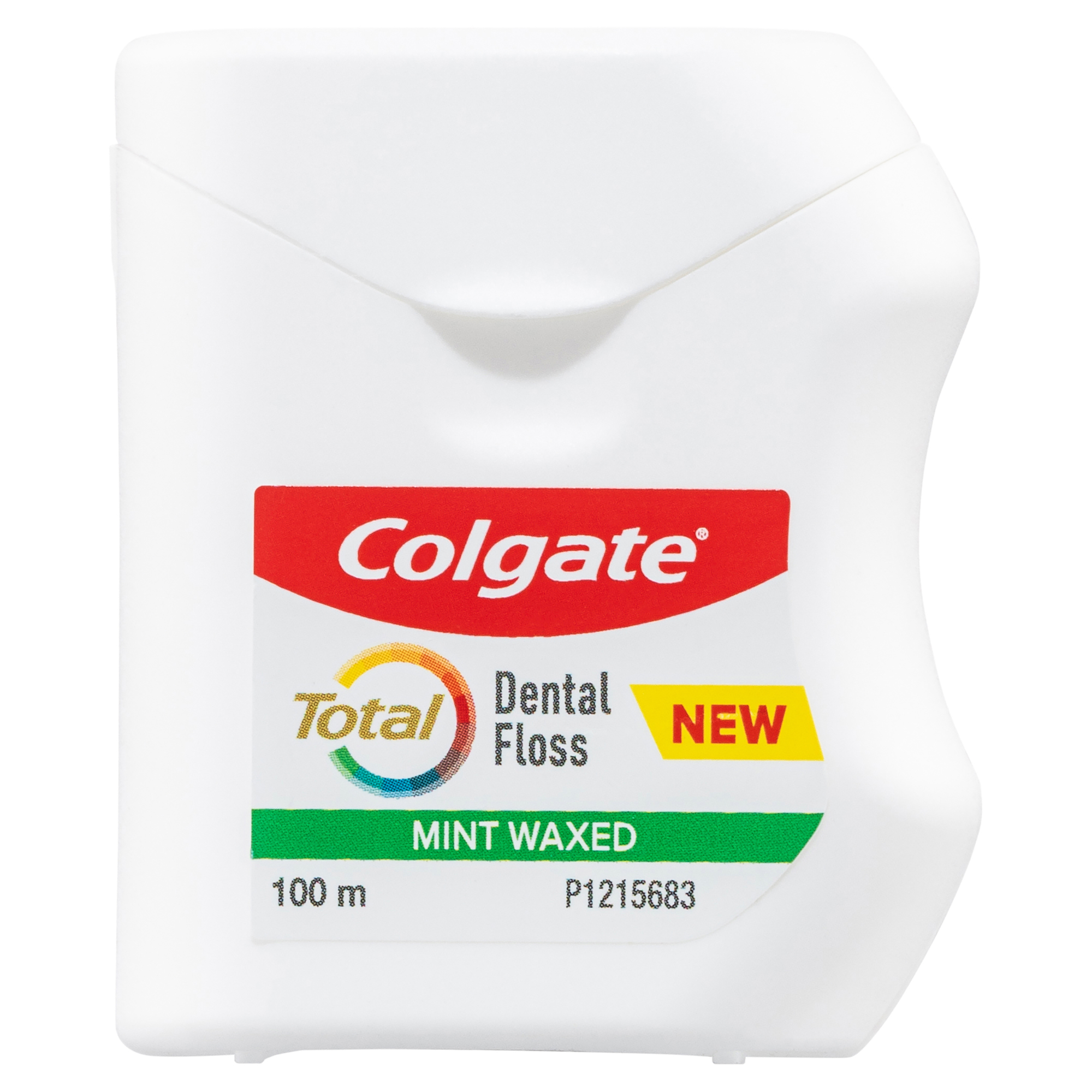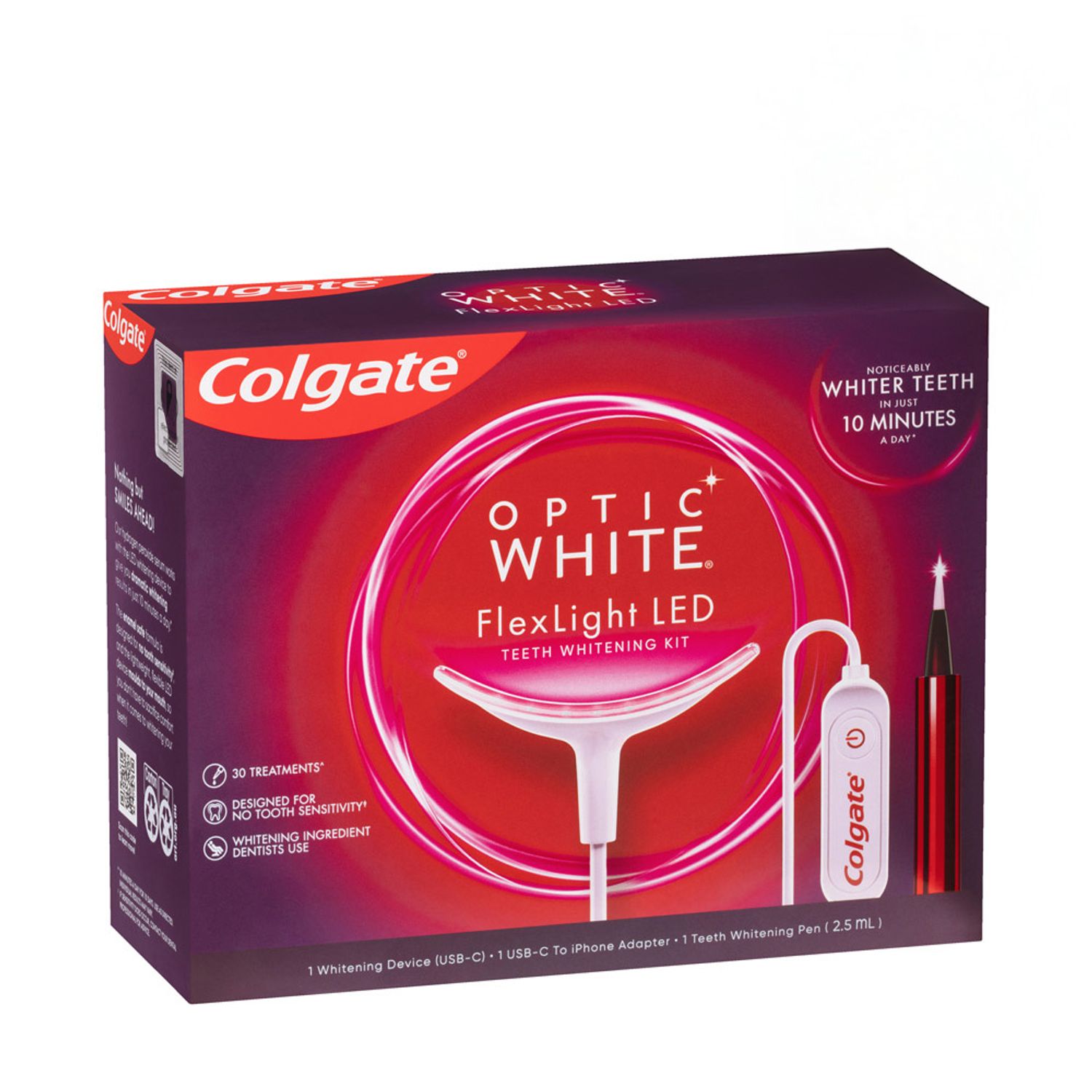-
-

BRUSHING & FLOSSING
How to BrushWhat Is the Right Way to Brush?
Proper brushing takes at least two minutes — that's right, 120 seconds!...

BRUSHING & FLOSSING
How To FlossWhat is the Right Way to Floss?
Proper flossing removes plaque and food particles in places where a toothbrush cannot easily reach... -
Science & Innovation
- Home
- Oral Health
- How to Manage Alcohol Breath | Colgate®


Wine with dinner. Beer at barbeques. Friday-night cocktails with friends. There are so many situations where alcohol seems to have found a seat at the table. But what if it leaves you with an unpleasant alcohol breath smell? And how can you get rid of it quickly? Drinking moderately certainly helps, but there are some handy tips you may want to know!
How alcohol affects your breath
According to Better Health Channel, alcohol causes dehydration, which can negatively affect your body – and your breath. When you’re dehydrated, your body can’t produce enough saliva. Why does this matter? Saliva is vital for flushing away smelly bacteria that harbour in your mouth. Consequently, your bacteria levels increase, and your breath starts to smell.
Added to this annoying dry mouth/bad breath issue is the inevitable bodily processing of alcohol. According to Your Room, a joint initiative by NSW Health and ADIS, about 10 per cent of alcohol leaves the body via the breath, sweat and urine. So if you’ve ingested alcohol, a small amount will come out in your breath. No matter what.
How to get rid of the smell of alcohol
As alcohol dehydrates your body, increasing the chances of bad breath, drinking more water can sometimes be enough to alleviate bad breath. This will rehydrate your system, allowing your saliva flow to return to optimal levels. And by glugging back loads of fresh water, you help rinse away any bacteria, food particles and remaining alcohol from your mouth.Ideally, you should always have a travel oral care kit (toothbrush, toothpaste, floss). Good oral care is the optimal way to keep your breath clean and fresh, but it’s not always feasible when you’re out and about. That said, sugar-free mints and gums are excellent go-tos for freshening up alcohol breath.
Covering up or masking the smell of alcohol is fine, but you must remember that it does not cover up the effect it can have on your brain and body. You may have a minty breath, but that won’t make you drive safely or pass a sobriety test. Time is the only thing you can take to change this situation. And according to NSW Transport, a healthy liver breaks down less than one standard drink per hour.
If you’d like to see the size of one standard drink, the NHMRC has a handy chart. Although, a standard drink may be smaller than you think, so if you were thinking of driving, you may have to wait a while before you’re safe behind the wheel. While you wait, freshen up with a quick brush and floss (if you can), keep your breath sweet with water and mints, and better still – keep the roads safe by calling a cab.
This article is intended to promote understanding of and knowledge about general oral health topics. It is not intended to be a substitute for professional advice, diagnosis or treatment. Always seek the advice of your dentist or other qualified healthcare provider with any questions you may have regarding a medical condition or treatment.
Related Products

Helping dental professionals
More professionals across the world trust Colgate. Find resources, products, and information to give your patients a healthier future











